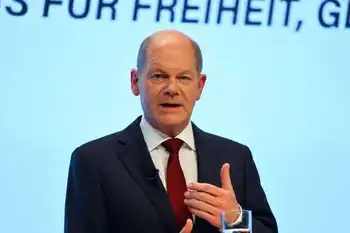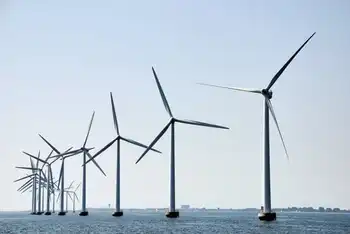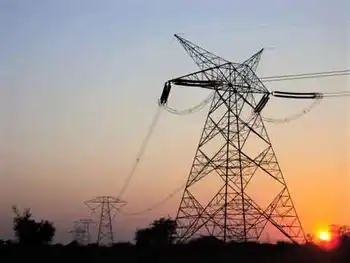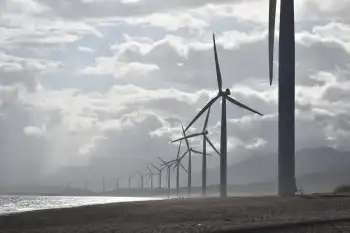Poland to invest $1.6 billion in renewables
By Reuters
NFPA 70e Training - Arc Flash
Our customized live online or in‑person group training can be delivered to your staff at your location.

- Live Online
- 6 hours Instructor-led
- Group Training Available
The 27-nation EU has undertaken to produce 20 percent of its total energy from renewable sources by 2020. Within that plan, Poland is only committed to securing 15 percent from renewables by 2020.
At present, renewables account for some 7 percent of power production in the biggest ex-communist EU member state and analysts say the goal may prove too ambitious.
Green industry lobbies say the development of green industry is stalled due to a lack of money and also an outdated power transmission network and unadjusted laws.
"I have calculated that over the next years we will support this industry with more than 5 billion zlotys. It's a lever to increase the value of the whole renewable energy market in Poland to some 15 billion zlotys," Nowicki said.
Poland's environment protection fund (NFOS) will provide 1.5 billion of that sum, regional authorities another 1 billion and more than 2.5 billion will come from EU funds, Nowicki said.
"I think we are easily able to achieve the 15 percent target by 2020 and this 5 billion zlotys could even push us up to 20 percent," he told Reuters in an interview.
Poland depends on polluting coal for more than 90 percent of its energy needs. Official statistics show more than 43 percent of Poland's power plants were constructed more than 30 years ago. Another 37 percent are between 20 and 30 years old.
In a move aimed at reducing Poland's reliance on coal, Warsaw wants to build at least one nuclear power plant by 2020.
"Poland has to renew at least 50 percent of its capacity between 2010 and 2020," Nowicki said.
"Even if two nuclear power plants are constructed by 2022, or 2023 — because the 2020 looks unlikely now — they will provide only some 10-15 percent of electricity for the country. So nuclear energy is... not a remedy for all our needs."
Poland hopes to start selling its surplus Kyoto carbon emissions this summer after introducing a new law and wants to sell 100 million CO2 permits by year-end, Nowicki said.
Under the Kyoto Protocol, signatory nations that are comfortably below their greenhouse gas emissions targets can sell excess emissions rights, called Assigned Amount Units (AAUs), to nations that are struggling to meet their targets.
But Poland, which has signed preliminary deals with Ireland, Japan and the World Bank, now lacks a law to finalize the deals.
"A bill is now being worked on in parliament. We are also continuing talks with many partners on this," Nowicki said.
"I hope we will be able to start signing the deals in the summer. My goal is to sell at least 100 million credits and it seems we are able to achieve that this year."
Nowicki declined to name the possible buyers or give the value of the potential deals.
Many polluting power plants in Poland were closed after the fall of communism in 1989. The surplus AAUs result from economic restructuring rather than investment in clean energy.











